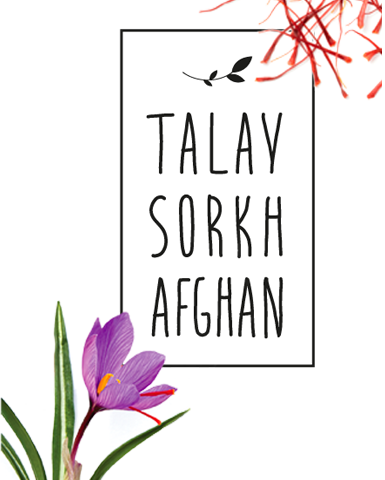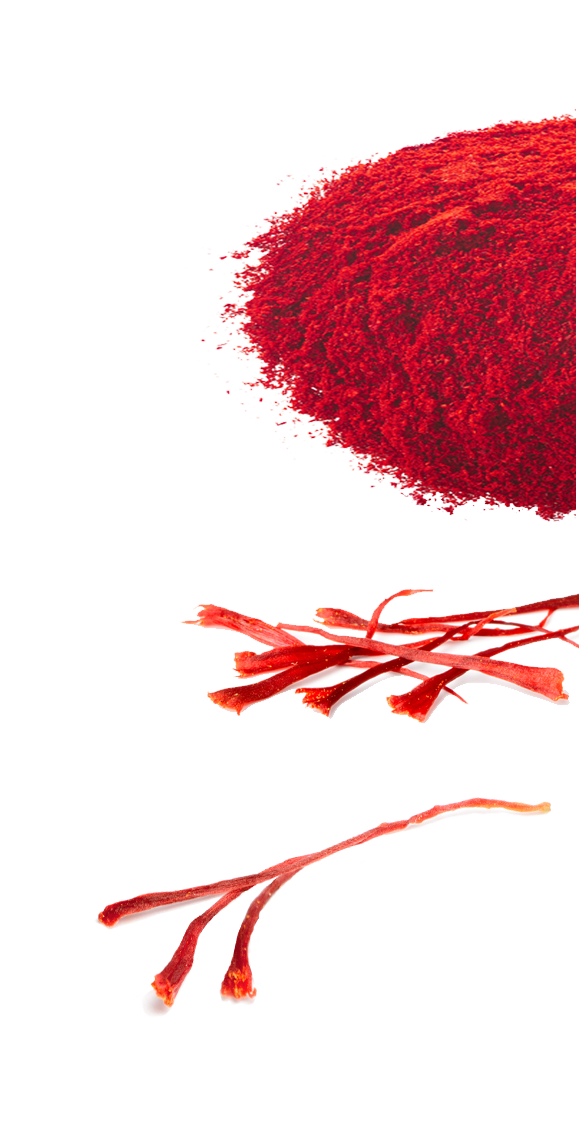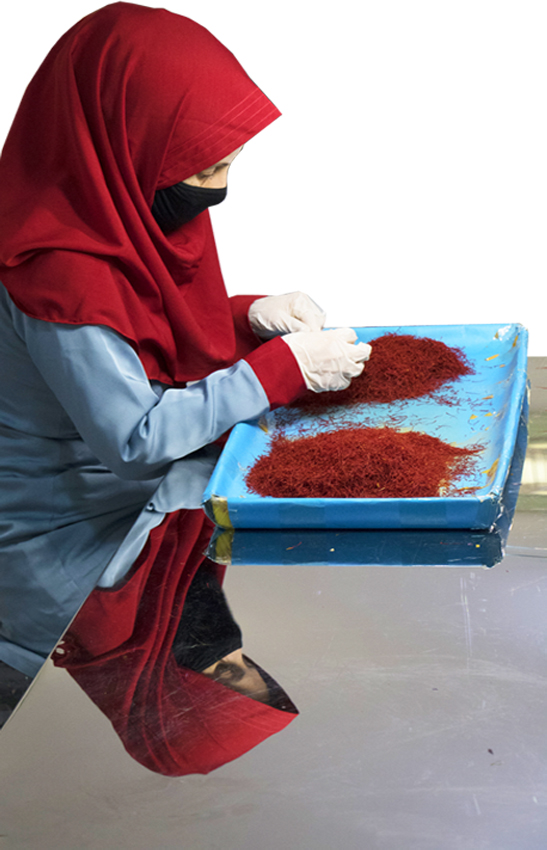
Established in 2015, Talay Sorkh Afghan Ltd markets saffron, cumin, raisins, dried figs and nuts in Afghanistan and around the world. High-quality and reasonably-priced spices and dried fruits are produced by selected Afghan farmers and micro-producers, and processed and packaged according to international standards.
Talay Sorkh Afghan (TSA) supports and motivates farmers to ensure products of the highest quality, bringing them to international markets where they command higher prices. Women drive production, extracting, grading, drying and packing the saffron. Of the 100 people working with TSA, 97 are women. These strong, capable and resilient Afghan women earn a fair wage and enjoy a safe, inclusive environment where they can grow and thrive.
The company has gained the trust of a growing client base by offering high quality products while ensuring a fair recompense for the people who produce them. Creativity, invention, innovation and sound ethics in all aspects of the business are key to its current and future success.

A spice so precious it is known as ‘red gold’, saffron has long been associated with luxury and royalty. It has enriched the tables of palaces for centuries thanks to its unique flavour and versatility in the kitchen. Afghanistan has perfect growing conditions and is rapidly becoming one of the major producers of premium quality saffron.
Saffron comes from the red filaments of crocus flowers. Around 150,000 flowers are needed to produce one kilogram of dry saffron. It’s mostly women who pick the flowers carefully early in the morning. They process it too, separating the filaments from the flowers before drying, sometimes grinding, and then packing, the saffron. It is painstaking work but it is worth it.
Some claim saffron is a natural remedy for a variety of ailments from depression and memory loss to cancer. Chefs around the world use it as a natural spice to add flavour and colour to foods such as rice, sauces, chicken, biscuits, cookies, cakes and desserts.
Traditionally in Afghanistan it is served as a tea. It also has a variety of industrial uses, in textiles as a natural dye, and in the food, pharmaceuticals and cosmetics industries.



Talay Sorkh Afghan works with the Ethical Fashion Initiative (EFI) project in Afghanistan, which is funded by the European Union and specifically targets job creation for returning migrants and displaced people.
EFI connects skilled micro-producers and farmers in emerging economies with discerning brands and mindful consumers across the world. It selects small businesses like Talay Sorkh Afghan in the fashion or fine foods sector that share its commitment to offering employees and suppliers a fair wage, decent conditions, training and professional development.
The project helps social enterprises become more efficient and competitive on national, regional and international markets, creating more jobs and wealth for local communities, and also shows consumers how ethical, transparent and traceable supply chains build stronger communities as well as great products.
Active in ten countries, the Ethical Fashion Initiative is a flagship programme of the International Trade Centre, a joint agency of the United Nations and the World Trade Organization.
The European Union has a long-term partnership with Afghanistan, working on shared priorities like security, trade, employment and growth, the foundations on which Afghans can rebuild their country and their lives.

© Mortea Rezaiy / EFI, © Anastasiia Malinich Joe McUbed and Amy Lv/Shuterstock

